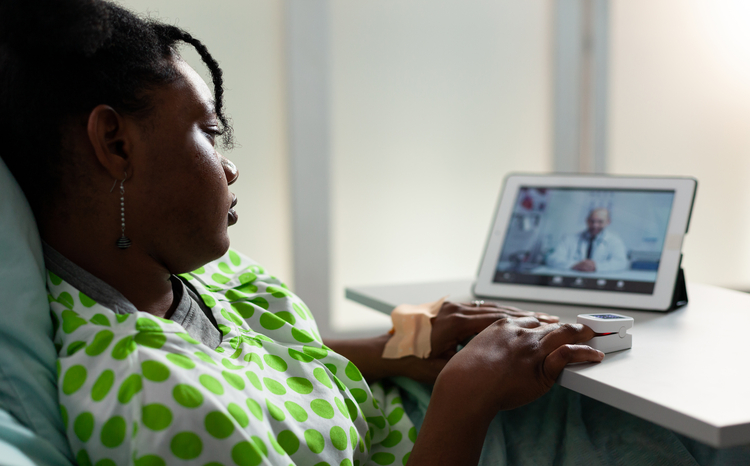Telecare firm supports learning disability project
- 12 January 2007
Telecare provider, Tunstall, has joined a new project called Through Assistive Technology to Employment (TATE), designed to increase employability for people with learning difficulties and support individual living.
Tunstall were approached by the project team and agreed to help to develop and mainstream assistive technology devices and telecare systems to help meet the needs of individuals with learning disabilities.
The company’s public sector policy director, Kevin Alderson, told E-Health Insider Primary Care: “We felt that our telecare products could be beneficial for patients with learning disabilities. There are an estimated 1.4m people in England who live with learning disabilities, and our products can help them live independently in their own homes.
“Telecare gives patients basic environmental risk management, aiding them with living independent but monitoring them to ensure their safety using extra intelligence capabilities. We are aiming to deal with specific educational risks that will offer the patients independence, going beyond basic to a more intelligence-based system.”
Tunstall have been working closely on the project with the lead partner in the project, the Home Farm Trust (HFT), a national charity supporting people with learning disabilities.
Alderson said: “We have been working closely with HFT to identify the best locations to apply our solutions to, and with their help we have identified the areas we will be deploying in first. We will install telecare into the homes of at least 50 people with learning disabilities, if not more, and will link them to a remote monitoring centre.”
The telecare’s aim will be to enable users to take a full and active part in their communities, supporting them in carrying out everyday tasks and effectively managing risks to their health and home environment.
The project will use a range of intelligent sensors linked to a Lifeline home unit, which raises an automatic alarm if help is required, for instance, in the event of a fall. Remote monitoring and the proactive risk management allows the user to carry out day-to-day tasks without the need for a formal or family carer to be present all the time.
The technology also monitors and manages potentially hazardous situations such as floods, extremes of temperature and fires, providing low-level support to ensure help is on hand when needed, while also affording valuable independence and dignity for individuals.
Tunstall says its involvement in the project, which is being funded by the European Social Fund through the Equal Community Programme, is a chance for them to do some research into their products.
Alderson said: “There is a great research and development opportunity for us with this project. We should be able to create improved use of our interfaces through this scheme and to be able to learn from the results of this project. This is an exciting opportunity to make a significant and tangible impact on the lives of people with learning disabilities, formal and family carers.”
TATE project manager Ann Aspinall said: “Assistive technology offers a real alternative to traditional models of care, delivering round the clock support when needed, whilst also promoting independence.
“The project will help us to develop new ways to provide support and meet the needs of individual users, and to promote best practice and increased awareness of the benefits of assistive technology amongst health and social care providers.”




